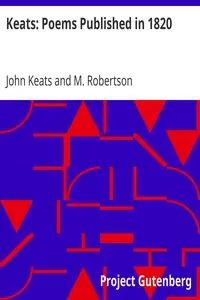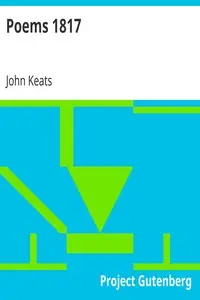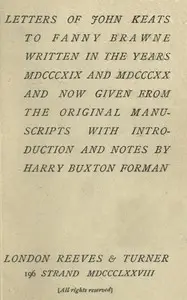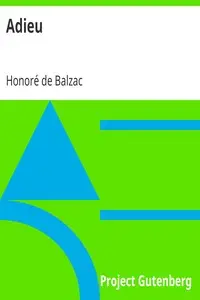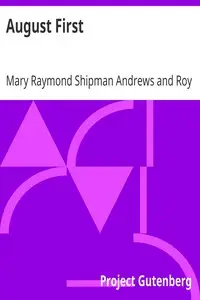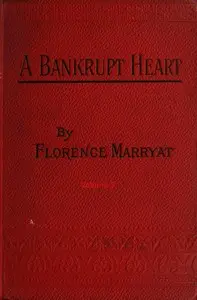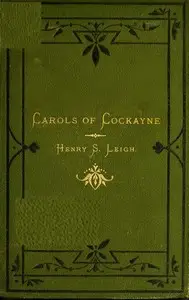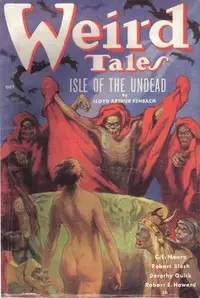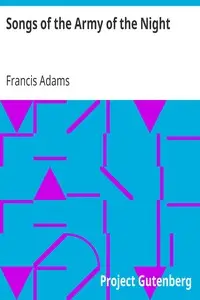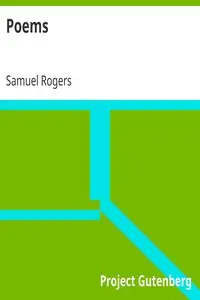"Lamia" by John Keats is a narrative poem written during the early 19th century, a time associated with the Romantic era. The poem explores themes of love, transformation, and the conflict between the ideal and the real, showcasing Keats's lyrical prowess and imaginative depth as he delves into the consequences of passionate love. It prominently features mythological elements and figures, including the god Hermes and the enchanting Lamia, a serpent transformed into a beautiful woman. The story begins with Hermes wandering through the forests of Crete in search of a beautiful nymph. He encounters Lamia, who, in a state of despair, wishes to be transformed back into a woman to win the affection of the mortal Lycius. Upon achieving her desired form, she captures Lycius with her beauty and they fall in love, living in a secluded palace. However, their joy is short-lived; a philosopher named Apollonius exposes Lamia's true nature, leading to her tragic return to a serpent form, which ultimately results in Lycius's death from heartbreak. The poem paints a poignant picture of the fragility of love and the harshness of reality that can shatter even the most beautiful dreams. (This is an automatically generated summary.)

Lamia
By John Keats
"Lamia" by John Keats is a narrative poem written during the early 19th century, a time associated with the Romantic era. The poem explores themes of ...
Genres
Released
2001-01-01
Formats
mobi
epub (images)
mobi (images)
epub
epub3 (images)
Free Download
Overview
About the Author
John Keats was an English poet of the second generation of Romantic poets, along with Lord Byron and Percy Bysshe Shelley. His poems had been in publication for less than four years when he died of tuberculosis at the age of 25. They were indifferently received in his lifetime, but his fame grew rapidly after his death. By the end of the century, he was placed in the canon of English literature, strongly influencing many writers of the Pre-Raphaelite Brotherhood; the Encyclopædia Britannica of 1888 called one ode "one of the final masterpieces".
Total Reviews
10.0k
Total reviews from Goodreads may change

